Putting environmental sustainability first at VetSkill
We all have a role to play in looking after our planet, and as an educational organisation we have just as much, if not more, of a responsibility to reduce our environmental impact.
Organisations within the education sector are in a unique position. We are not only accountable for a significant proportion of carbon emissions in the UK – for example, in 2017, it was reported that schools and universities represent 36% of total UK public sector building emissions – but we also have the responsibility to lead by example for learners and apprentices. By modelling practical examples of sustainability in action, we can demonstrate abstract ideas as lived practices.
We also have the power to influence individual professions and their sectoral impacts on environmental health. For instance, the veterinary industry has a high carbon footprint, with harmful elements like single-use plastics, anaesthetic gases, parasiticides and antimicrobials all playing a role in daily practice.
The RCVS Standards Framework for Veterinary Nurse Education and Training sets out that accredited education institutions (AEIs), delivery sites and training practices (TPs) must “demonstrate a reasonable commitment to environmental sustainability, including consideration of the impact of delivering the programme on the environment” (1.14). Committed to ensuring compliance with this, VetSkill has produced an Environmental Sustainability in the Workplace poster, which can be downloaded and displayed in all practice staff areas to promote engagement with the requirement.
In mimicking the veterinary practice environment for education purposes, Objective Structured Clinical Examinations (OSCEs) can naturally present problems surrounding sustainability. Recognising this negative impact and taking the steps necessary to combat it is just the start of our journey towards positive change and a greener future.
How we’re putting environmental sustainability first in OSCEs
Reducing
We’re reviewing tasks that generate a large amount of waste and adapting them in a way that helps minimise this. For example, in our Preparation for ultrasonography and Fine Needle Aspirate (FNA) task, candidates are only required to prepare one selected needle and syringe, where they were previously asked to prepare all five. This still allows candidates to demonstrate the skill, while significantly reducing waste.
Recycling
We’re working with TerraCycle, a waste-management service specialising in the recycling of soft plastic waste, to prevent items like single-use aprons and gloves from ending up in landfill.
Donating
We’re donating open but unused bandaging materials to centres for teaching purposes so that they don’t go to waste.
Digital alternatives
We’re minimising paper waste by switching to digital candidate and assessor feedback forms.
Equipment
We’re swapping our equipment for more sustainable alternatives, for example, compostable / biodegradable gloves.
Additionally, we’ve switched to more sustainable drip bags, which are smaller and do not have outer plastic packaging. They also do not come prefilled, lessening our need to discard bags after each OSCE, as well as reducing our ethical impact while there are national shortages.
A greener future
While we are proud of the steps we’ve made so far, it is crucial that we recognise the conversation surrounding sustainability does not stop there. We are constantly considering our environmental impact and how we can embed sustainability into our practices, in a way that not only directly benefits the health of our planet, but also inspires future generations to do the same.
In 2024, we worked with Immersive Learning Factory on innovative new Virtual Reality (VR) OSCE preparation technology, which allows learners to test their readiness for OSCEs through a technological experience realistically mimicking our core Veterinary Nursing tasks. At present, this technology only helps candidates to study for their OSCEs, however, we are interested to see how advances in VR technology could benefit us in carrying out practical examinations more sustainably.
Download our sustainability in OSCEs infographic here.
Learn more about VetSkill’s qualifications here. For further information on becoming an approved VetSkill centre, please visit: Become a Centre — VetSkill. A dedicated member of the VetSkill Quality Assurance Team will be in contact to arrange an initial meeting to discuss the process and provide support and guidance throughout.

